Farmers in San Carlos Stuck with Slowly Rotting Carrots
Farmers in San Carlos Village, Orange Walk, are feeling the frustration as they struggle to sell their produce at a fair price. Several farmers have planted thousands of dollars’ worth of carrots, ready for harvest and sale. However, they claim that competition from other carrots on the market and a lack of interested buyers have left their crops rotting in the ground. Today, News Five’s Britney Gordon visited some of these farmers to hear their pleas for government intervention.
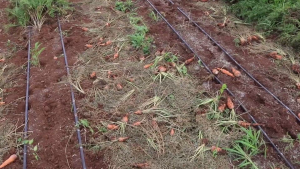 Britney Gordon, Reporting
Britney Gordon, Reporting
What you’re seeing is a carrot field on two hundred acres of farmland. It belongs to Ruben Perez, a farmer from San Carlos. In about two weeks, his carrots will start to rot. They’ve been ready for sale since December, but Perez says there haven’t been any buyers.

Ruben Perez
Ruben Perez, Carrot Farmer
“The problem we have right with carrots is that we cannot sell. We have problem with selling carrots. We don’t have buyers and we are ready from first week of December. That’s one month now. And the problem is that we call the buyers who import the Mexican carrots and now when we call them, some of them say, we can’t sell too much, we just could sell lee bit. And they are big importers of Mexican product and now when we have the local product, now they don’t want a lot and I don’t understand why.”
Farmers are saying their carrots aren’t selling because of competition from both imported and contraband carrots. However, Minister of Agriculture Jose Abelardo Mai clarified that Belize doesn’t import carrots when there’s enough local supply to meet demand. He insists that this issue is just a political ploy, a tactic used by several political figures in the past.
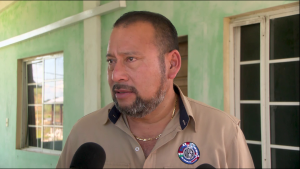
Jose Abelardo Mai
Jose Abelardo Mai, Minister of Agriculture
“Carrots is a bad topic to use for political mileage. That’s primary school politics. Tracy tried it, she failed. Shyne tried it, and he also failed. This is a matter of supply and demand. The Ministry if Agriculture has never and will never issue importation of carrot permits when we are harvesting carrots, when our farmers are. That is a fundamental rule in the Ministry of Agriculture. That will not happen. As to contraband. The Ministry of Agriculture does not control contraband. We try to work with customs, immigration, military customs, quarantine, Baha. But we have porous borders, but up to now, we haven’t seen enough evidence of illegal importation of carrots because the quality is known.”
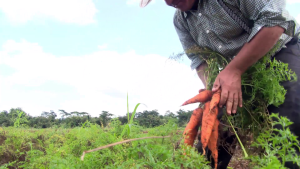 He also pointed out that part of the problem is the short shelf life of carrots, which makes it even harder to sell them quickly.
He also pointed out that part of the problem is the short shelf life of carrots, which makes it even harder to sell them quickly.
Jose Abelardo Mai,
“What we have is a problem we have every year with carrots. We have ninety acres planted in the country right now. Fifty acres is planted in the Cayo District, and twenty-five in Orange Walk. Another five or six acres in Corozal, another six acres in Stann Creek. Alright? The problem is that the carrots seem to come into maturity all at one time. Why? Because it’s seasonal. So everybody brought it at the same time. Secondly, carrots have zero shelf life.”
Cornelius Schmidt shared that it takes about one hundred and twenty days for carrots to be ready for harvest. If they stay in the ground any longer, they risk rotting.
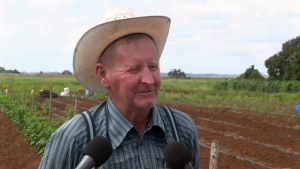
Cornelius Schmidt
Cornelius Schmidt, Farmer
“What we have here once its beginning to brown like we have no then its ready to harvest.”
Perez is puzzled about why importers are hesitant to buy local carrots. He suspects that the wax coating on imported carrots makes them more attractive to buyers. With about fifteen thousand dollars invested in this year’s carrot crop, Perez fears this challenge could spell trouble for the future of his farming career.
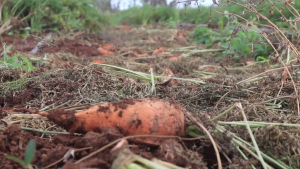 Ruben Perez
Ruben Perez
“They need the pressure of the Minister of Agriculture because I could see how if they buy forty thousand pounds when they are importing they buy that weekly. That amount. And now that we have they can’t buy the same amount and that’s why I call the news that they could help us and we are here to tell the Minster of Agriculture, the Prime Minister too to make them help us. Because this is our job that we do and we depend in totality in this work.”
This is an issue that the Ministry of Agriculture acknowledges and has been attempted to rectify.
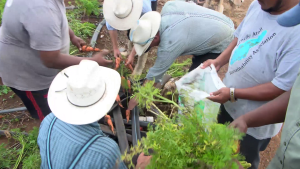 Jose Abelardo Mai
Jose Abelardo Mai
“We encourage them to buy from the local producer. So we said to them, if you want to continue importing, if you want to continue benefiting from your farmers, you need to buy our local products. Okay? So right now, yesterday I sat down with the government, issues, governments, and we’re reviewing analysis. And if they can’t prove to us that they are supporting our farmers, we will have to put the brakes on them. And I said that to them in no way, we will allow them to continue importing if they do not buy from our local farmers. I’m sorry.”
Just a short distance from Perez’s farm, another farmer is anxiously waiting to harvest about eight million dollars’ worth of potatoes. He’s worried that he might face the same challenges when it comes time to sell. Minister Mai has tried to reassure farmers, stating that there are no active licenses for potato imports. However, despite the Ministry’s assurances, local farmers say they haven’t received any government assistance and are uncertain about their next steps. UDP Standard Bearer for Orange Walk South claims that several farmers are hesitant to speak out, fearing persecution.
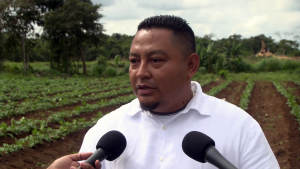
German Tillett
German Tillett, U.D.P. Standard Bearer, Orange Walk South
“I was speaking and I was telling them, convincing then to come up. To step up and give their interview about what is really happening with their crops and everything but they always say that they are afraid, so that whenever help comes, the little help that comes, they will not be able to get that. Because they come out and say what is happening. But what I usually tell them is that should not be afard because the help comes to everyone, to every farmer and if you get victimized by this government that means that something is really wrong..”
Minister Mai is optimistic that the demand for carrots will pick up within the next two weeks. Looking ahead, he revealed that the ministry has big plans to industrialize the sector over the next five years by setting up an agro-processing facility in Orange Walk. This move aims to add value to Belize’s local crops and boost the agricultural industry. Britney Gordon for News Five.





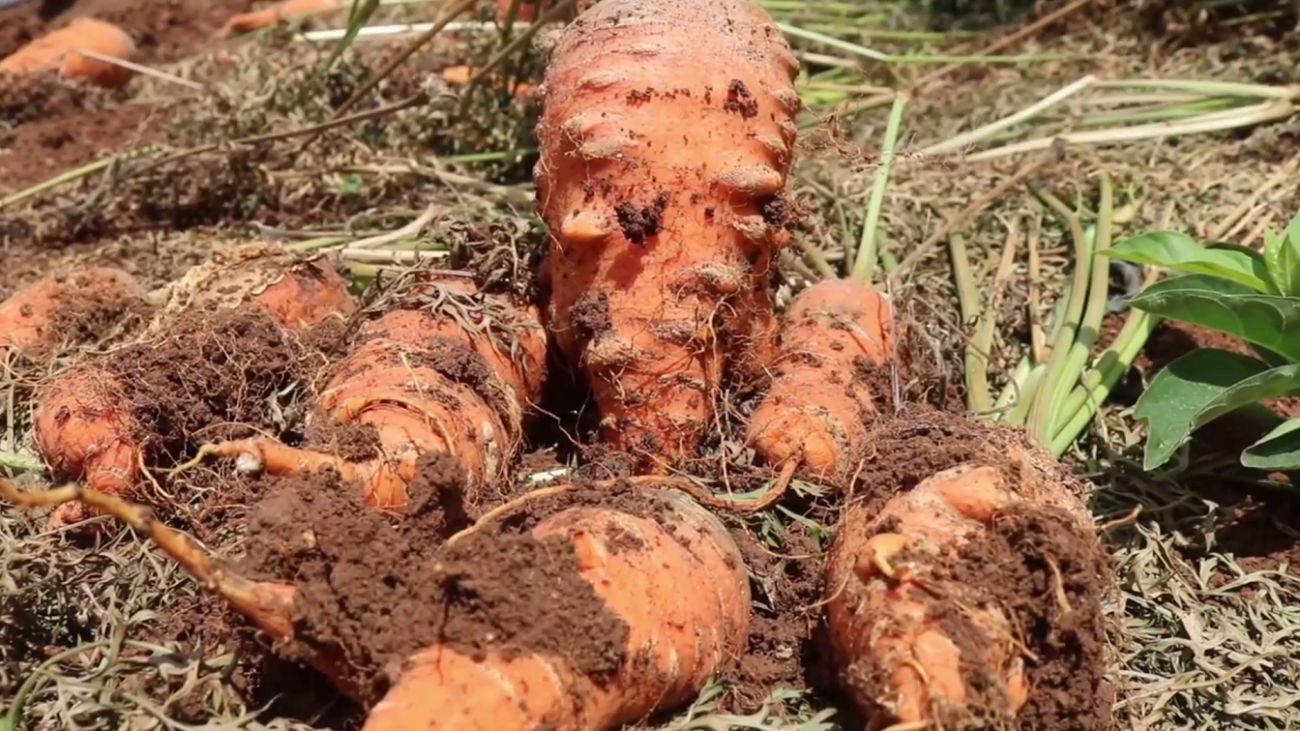

Facebook Comments